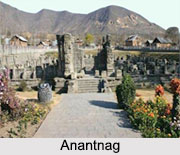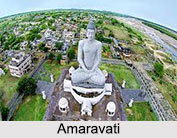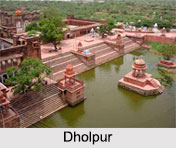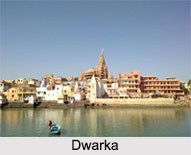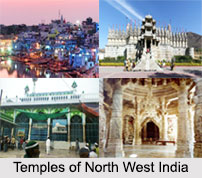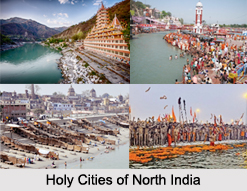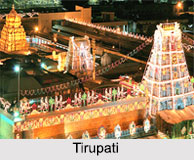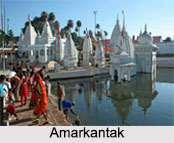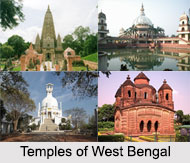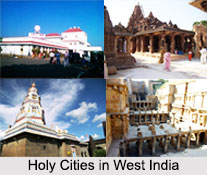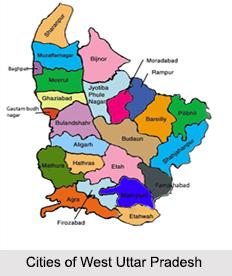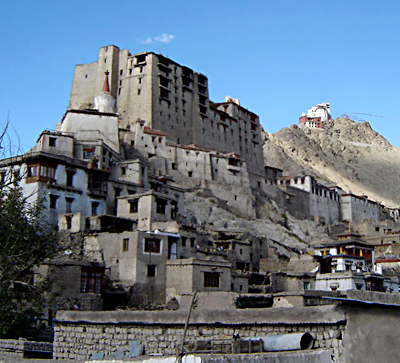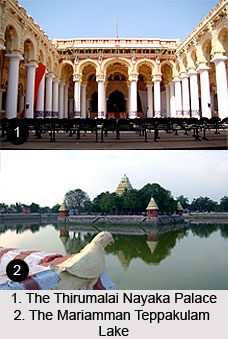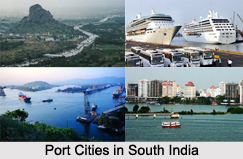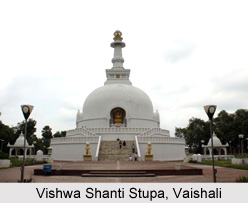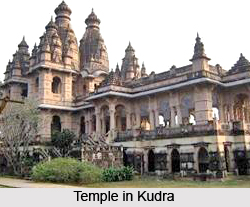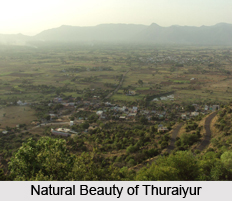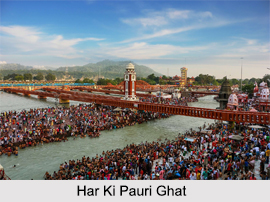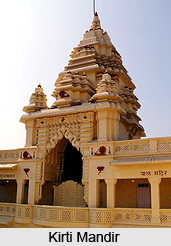 Porbandar is a coastal harbour city situated on the western coast of Saurashtra, Gujarat, along the Arabian Sea. The place is the administrative center of Porbandar District. It is a district by itself and is the possessor of rich natural resources. Porbandar, Gujarat is famous as the birthplace of the `Father of Nation`, Mahatma Gandhi. The city has historical significance and also has been recognised as among the famous tourist destinations in India.
Porbandar is a coastal harbour city situated on the western coast of Saurashtra, Gujarat, along the Arabian Sea. The place is the administrative center of Porbandar District. It is a district by itself and is the possessor of rich natural resources. Porbandar, Gujarat is famous as the birthplace of the `Father of Nation`, Mahatma Gandhi. The city has historical significance and also has been recognised as among the famous tourist destinations in India.
A rich history has enhanced the importance of the city. In the 10th century Porbandar was known as "Pauravelakul" and thereafter renamed as "Sudamapuri". The Port City dates back to AD 1045 and it is believed that Porbandar was discovered on Shravan Poornima, Raksha Bandhan day. Historical evidences show that Porbandar was inhabited by Harappan settlement dating back to the 16th - 14th century BC. According to proofs the Harappan legacy of maritime activity continued till the late Harappan period on the Saurashtra coast. The findings ancient jetties along the Porbandar stream are certain significant evidences that highlight the importance of the city as an active centre of maritime activities in the past. The state was subordinate to the Mughal governor of Gujarat and was overrun by the Marathas in the latter half of the 18th century.
It was a historic port of Jetwa Rajputs dynasty that ruled vast areas of the Kathiawad peninsula for approximately 2000 years. In the late 16th and early 17th centuries, the Jetwas faced a defeat at the hands of the Jadeja Rajputs. However they came to power in the year 1630s. They shifted their capital from Ranpur to Chaya during that time and by the 18th century, the Jetwas finally settled in Porbandar. The city had enthralled them as it occupied an exclusive position as a port city. It was strategically situated south of the ports of Nawanagar and the Kutch state, and north of Veraval in Junagadh state. Afterwards, it came under the authority of the Gaekwad court at Baroda, and eventually of the Peshwa. After the Independence of India in 1947, the state acceded to the dominion of India. It was merged with the `United state of Kathiawar` with effect from February 15, 1948 and eventually formed the present state of Gujarat. The Walker Treaty was introduced in the 19th century and progressively, development started in the state of Porbandar, Gujarat. Furthermore, the city is associated with several historical figures such as Mohandas Karamchand Gandhi, Swami Vivekanand and Rabindranath Tagore.
Geographically, Porbandar is located at 21.63°N 69.6°E. It has an average elevation of 0 metres. The climatic condition of Porbandar, Gujarat generally remains pleasant. The summer season continues from March to June with the daytime temperature crossing 42 degree Celsius. July and September are the periods of monsoons and winter comes in from October and stays till February. The city faces strong winds, heavy rain, and occasional thunderstorms due to the cyclonic storms or depressions in the Arabian Sea in the post monsoon months. The winter temperature ranges from 10 degree Celsius to 24 degree Celsius.
Porbandar is proud of its rich cultural heritage. A number of colorful festivals are celebrated throughout the year. Festivals such as Hollika and Navratri are very famous and people from all other states visit Porbandar, Gujarat during this festive season. The state produces beautiful fabric and is renowned for handicrafts item. The city holds a prominent position among the Kshatriyas of Rajasthan as the place is considered to be the birthplace of Sudama (Lord Krishna`s Friend) and Mirabai (devotee of Lord Krishna). Even today most Rajasthanis come to take the blessings of Sudama after their marriage.
Porbandar, Guajarat have been attracting tourists for over a longer period. The structures such as Huzoor Palace, Daria Rajmahal, Haveli of the Gandhi family, Kirti Mandir and Manu temple along with its natural beauty attracts tourists from all over the country. The city invites tourists as it is a famous sited for bird watching too. Nearby places of visit include Kuchdi, Ghumli, Gope and Barda Hills covered with forest.
